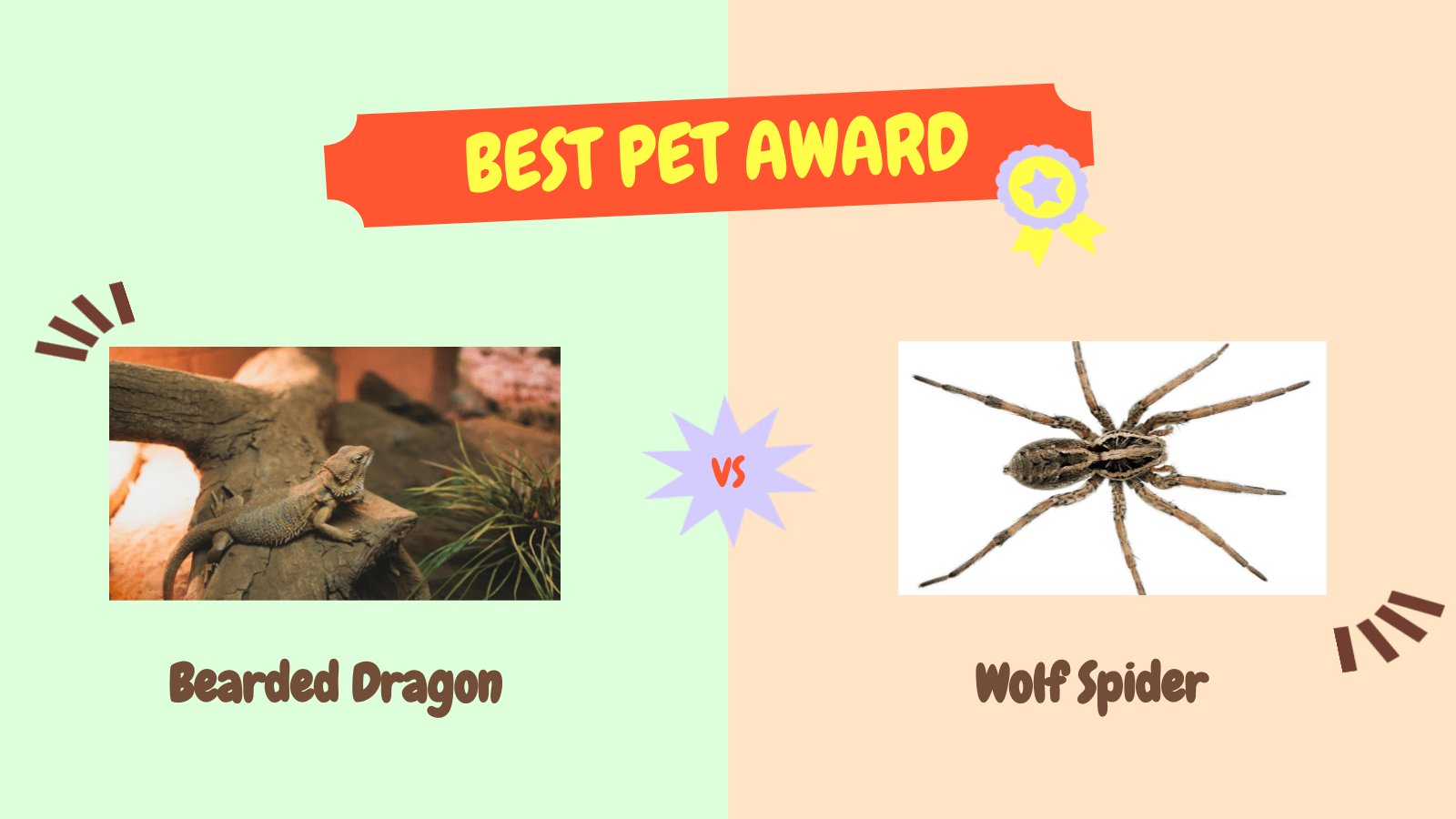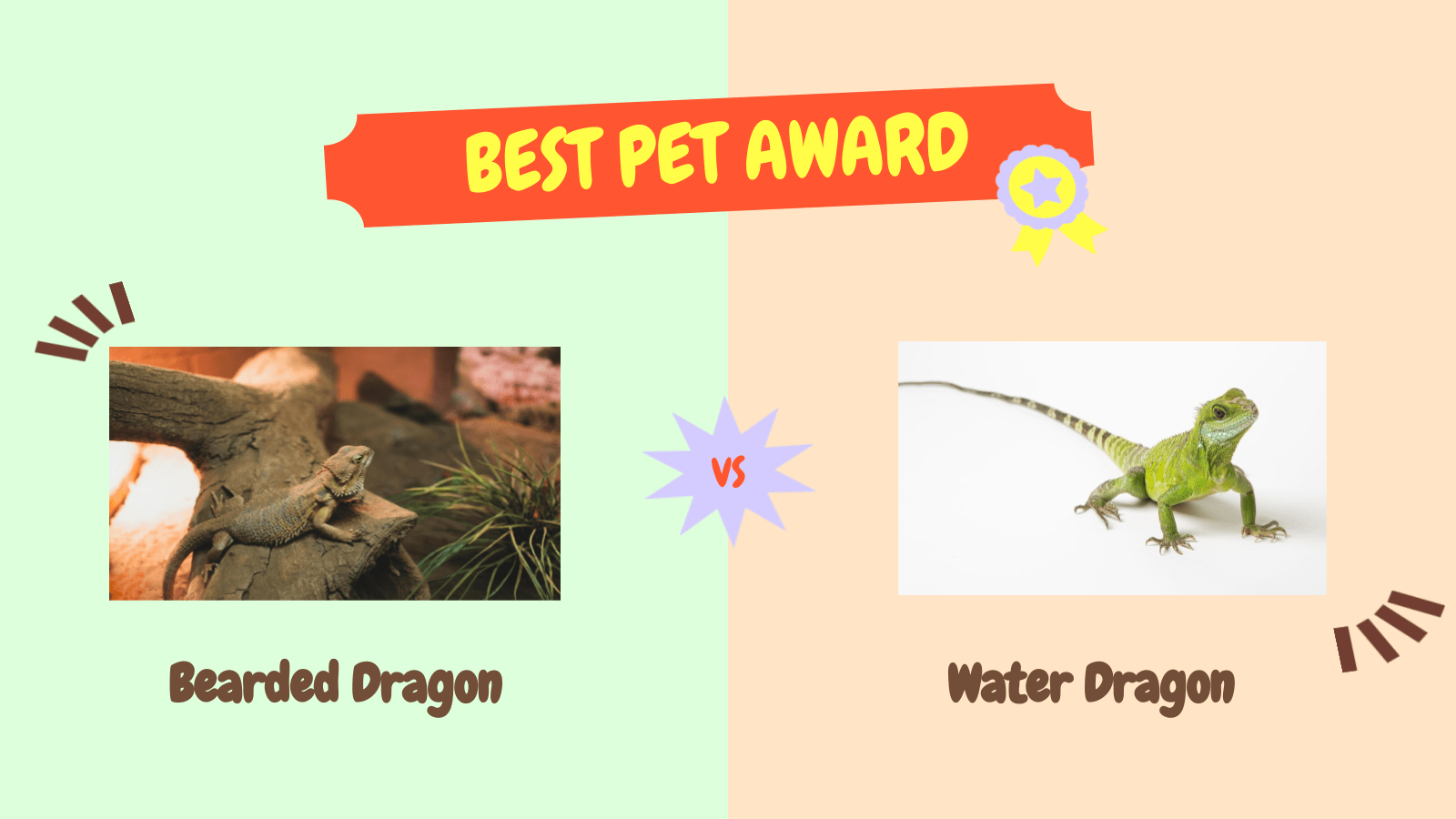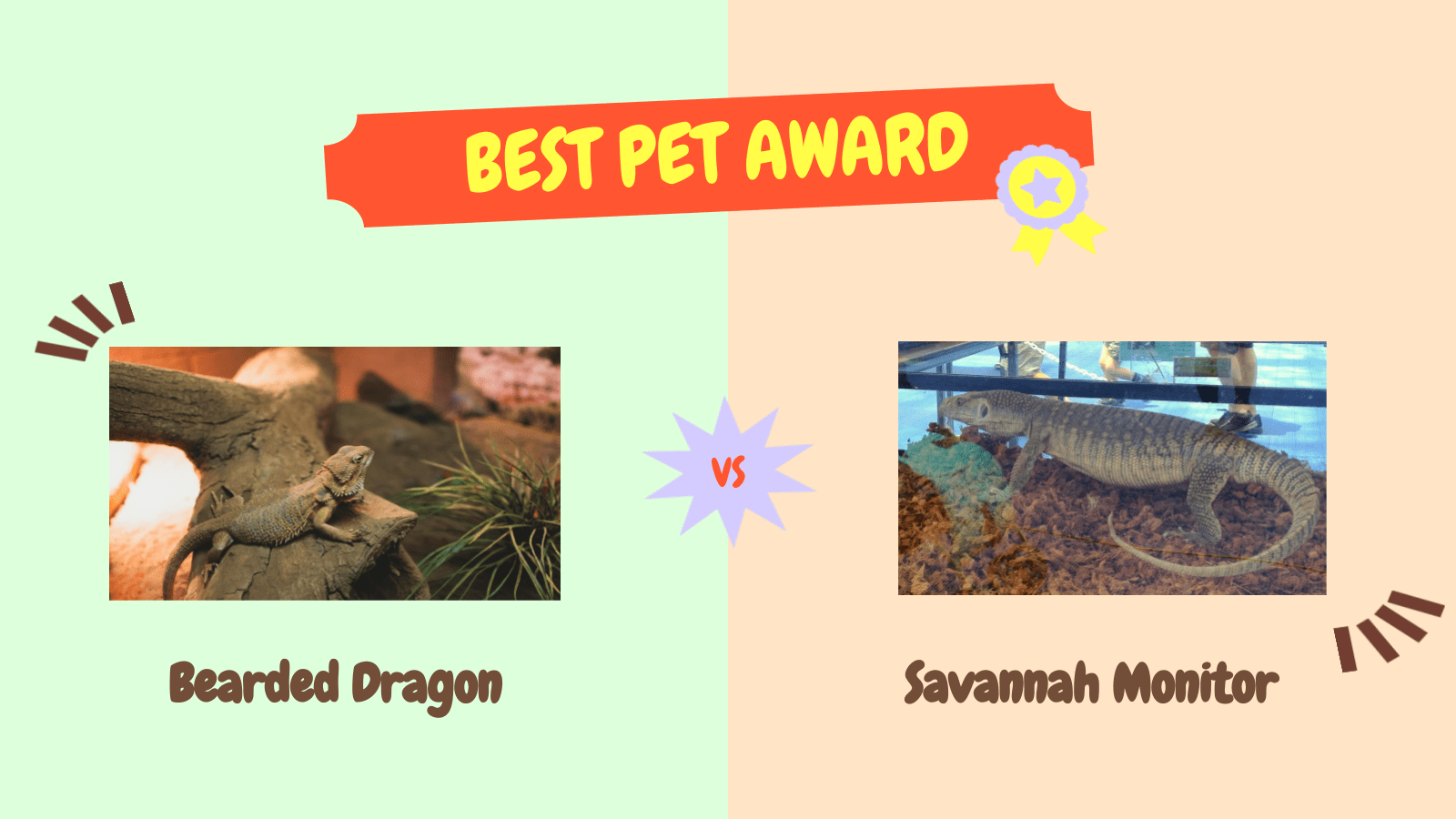Have you noticed your bearded dragon behaving unusually? Maybe it seems angry and you’re unsure why.
Understanding your pet’s emotions can be a challenge. It’s important to remember they communicate differently than we do.
Your bearded dragon’s behavior is one way it expresses itself. Let’s dive in and discuss why your bearded dragon might be acting out.
5 Unexpected Triggers Why Your Bearded Dragon Might Be Angry
- Incorrect Temperature: Bearded dragons thrive in specific temperature ranges, and if their habitat is too hot or too cold, it can lead to stress. Maintain a suitable temperature gradient inside the tank to ensure they stay comfortable and healthy.
- Inadequate Diet: Bearded dragons have a varied diet, and any form of nutritional imbalance can make them irritable. Ensure you’re feeding them a balanced mix of insects, fruits, and vegetables to avoid this issue.
- Irregular Light Cycles: Like many animals, bearded dragons rely on regular day/night cycles for their wellbeing. Disruptions in lighting patterns, such as sudden bright lights at night, can stress your dragon out and lead to aggression.
- Insufficient Socialization: Bearded dragons, while not overly social creatures, do need some level of interaction. If they are not handled regularly, they may react negatively when finally interacted with, showing signs of aggression.
- Improper Enclosure Size: Bearded dragons require ample space to move and climb. If their enclosure is too small, it can lead to discomfort and frustration, which could manifest as aggressive behavior.
Techniques to Soothe an Angry Bearded Dragon
Understanding your bearded dragon’s unique behavior is key to establishing a healthy relationship. If you’re dealing with an irate pet, don’t worry, there are techniques you can implement to soothe your angry bearded dragon.
The first method to consider is providing a controlled environment. Ensure your pet’s habitat is comfortable, with ideal temperature and humidity levels. A well-regulated enclosure can drastically decrease stress levels.
In addition, focus on gentle handling. Approach your pet slowly, speak softly, and handle delicately. Over time, this can help your bearded dragon feel more secure and less threatened.
Lastly, varying your pet’s diet can also have a significant impact. Like us, bearded dragons need diversity in their meals. Offering a mix of vegetables, fruits, and live food can boost their mood.
Remember, patience is crucial. Observe and adapt these techniques as per your dragon’s reactions. With proper care and understanding, your angry bearded dragon will soon turn into a content and happy companion.
To further extend your knowledge about bearded dragons, here are a few more to explore:
- Why Is My Bearded Dragon Aggressive?
- Why Is My Bearded Dragon So Active?
- Why Is My Bearded Dragon Not Active?
Each post offers in-depth insights, giving you all the details you need to take good care of your beardie.
Remember to research and prepare for your pet’s specific needs, and you’ll have a happy and healthy companion for years to come.
Happy pet-keeping!


